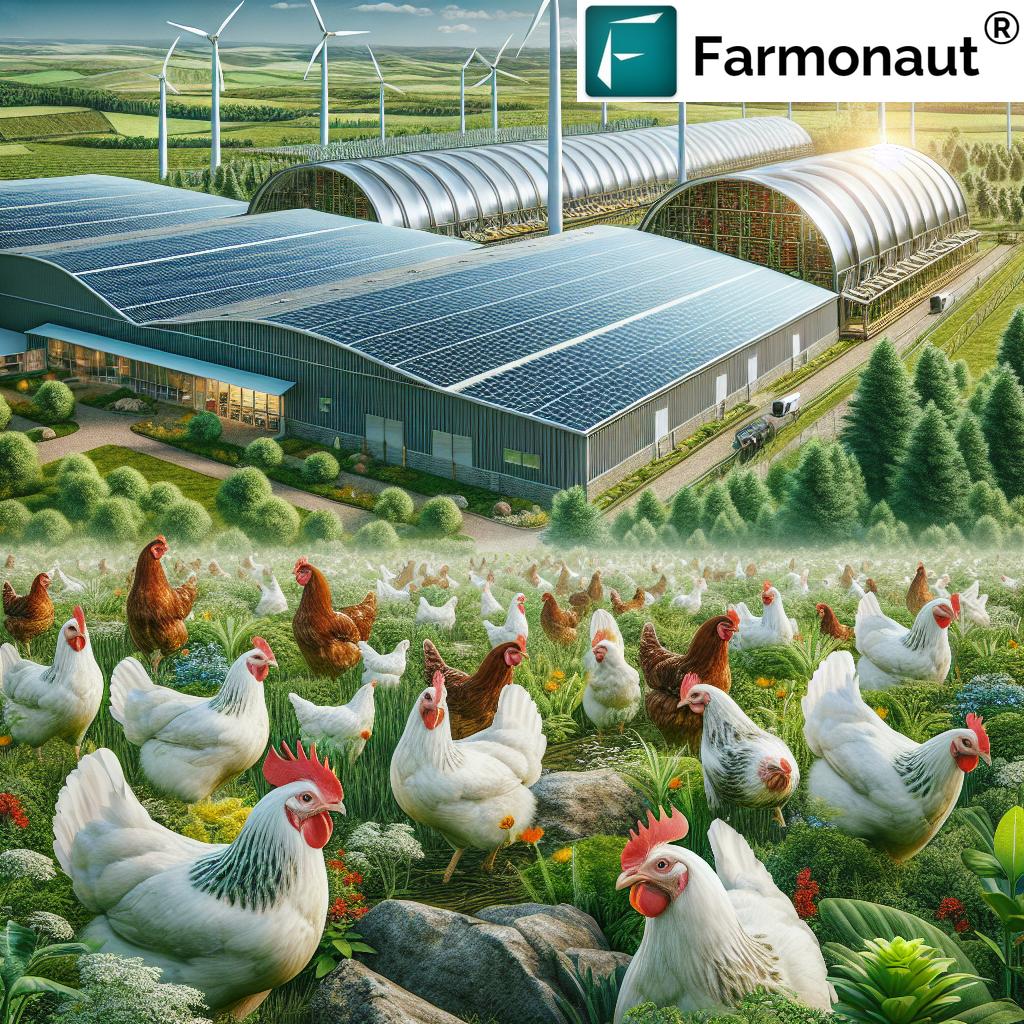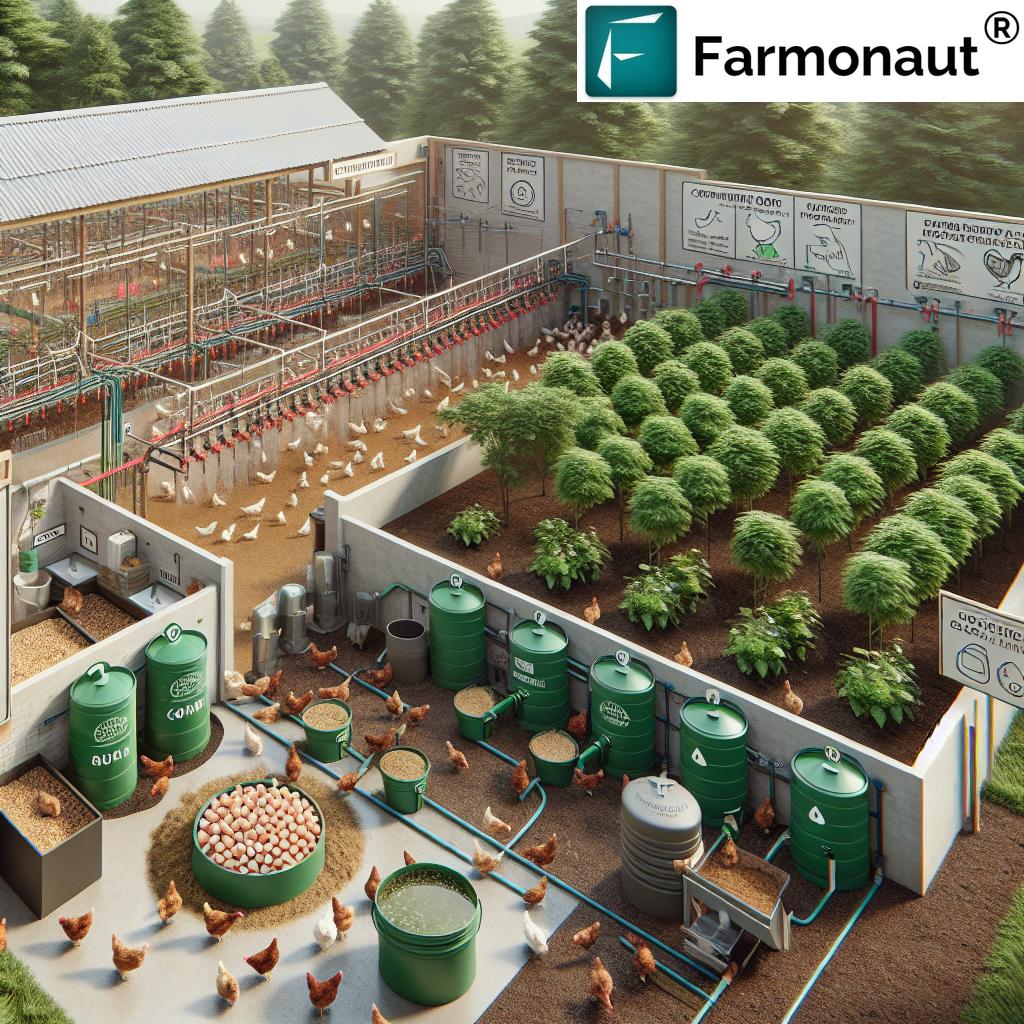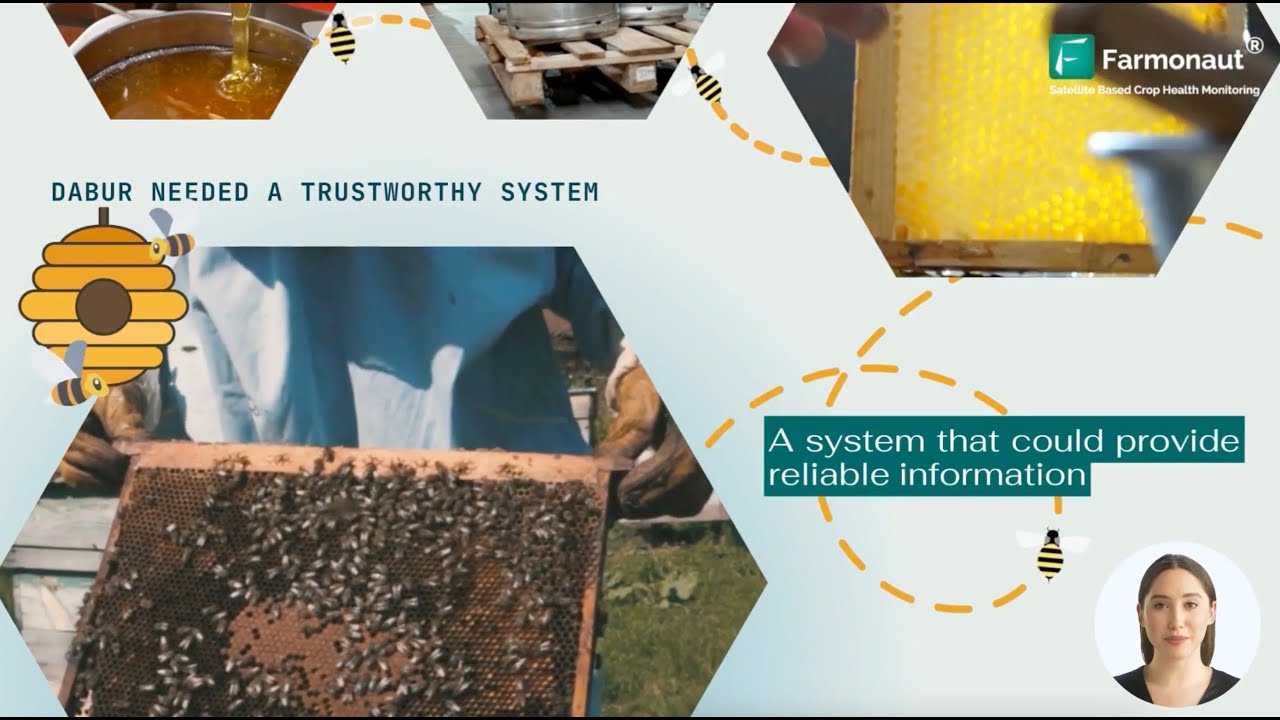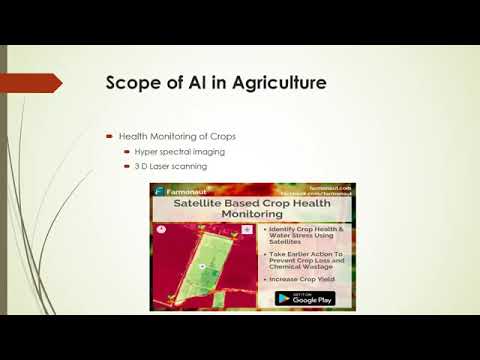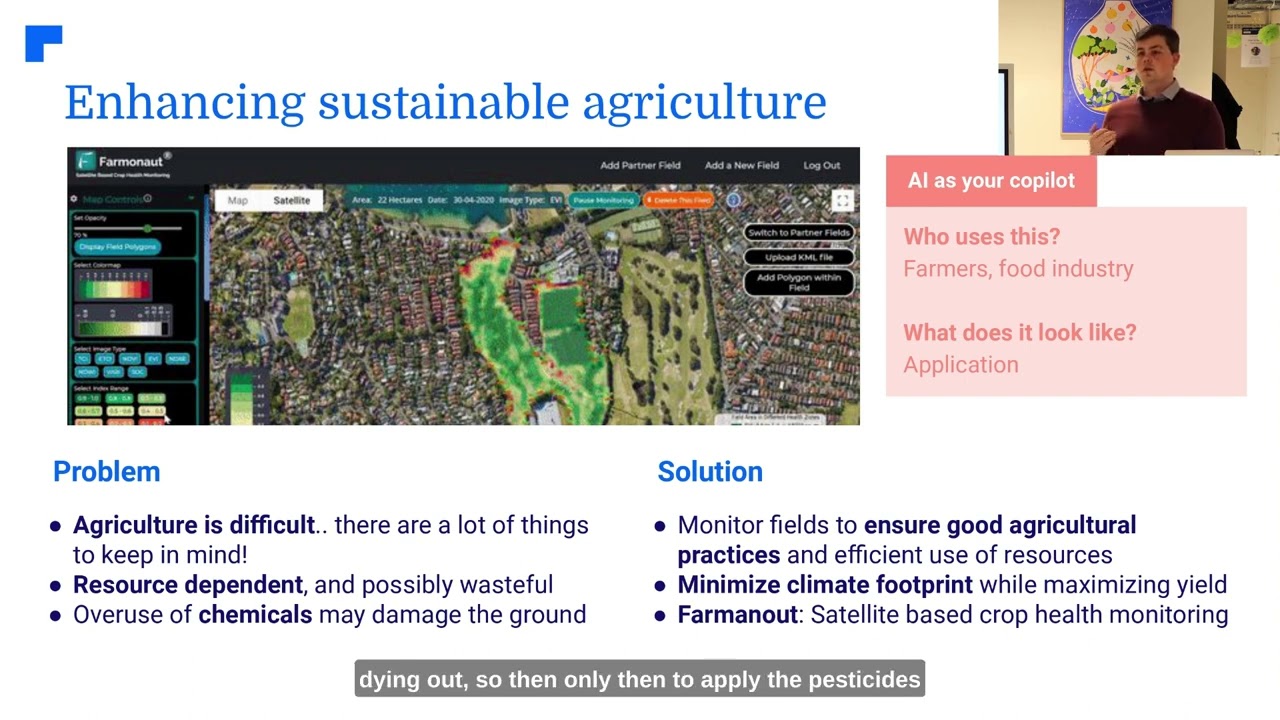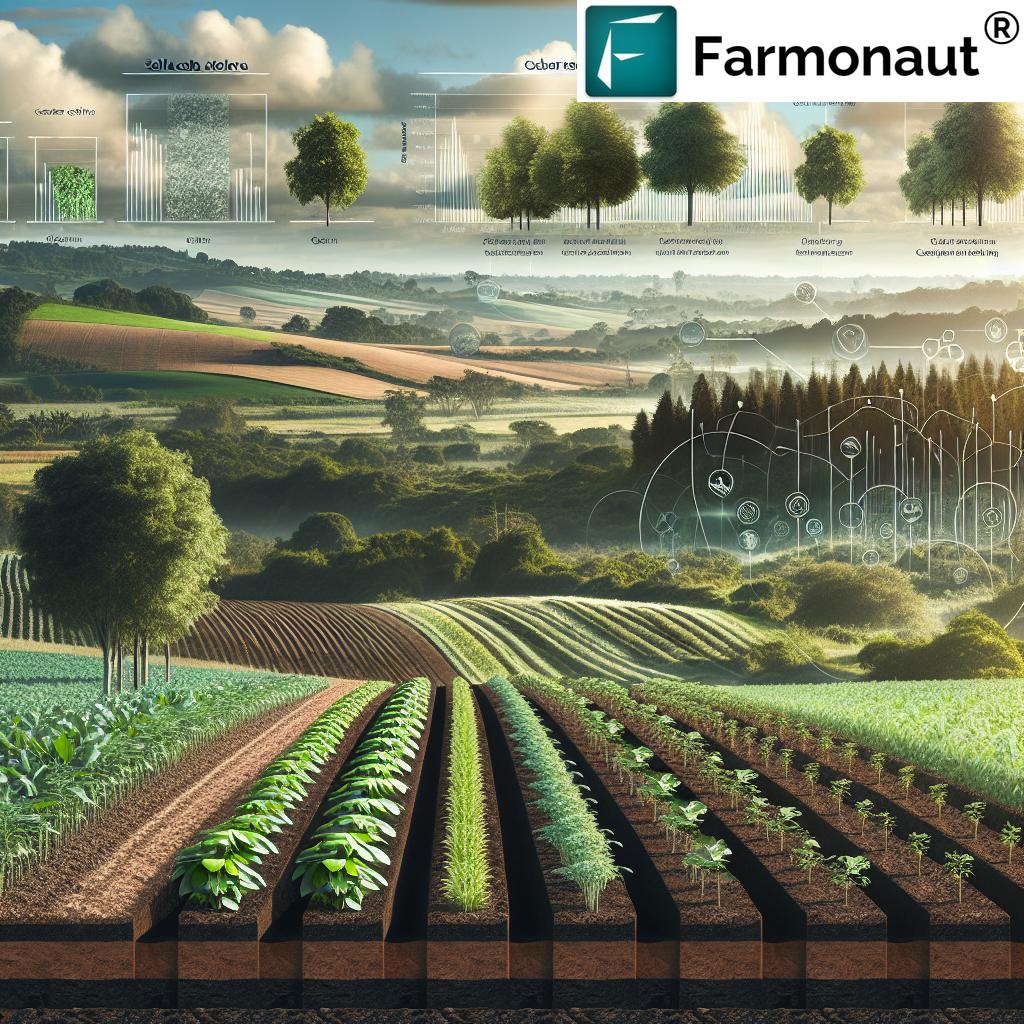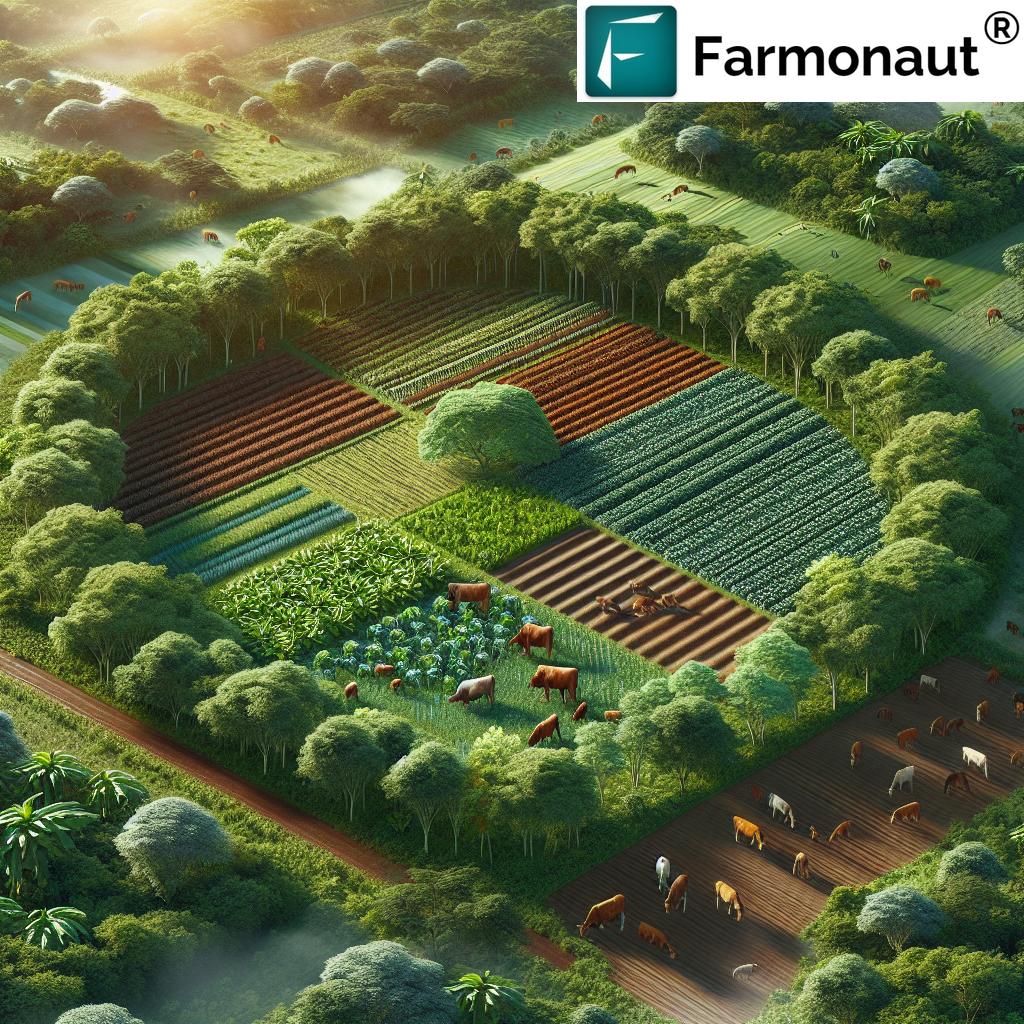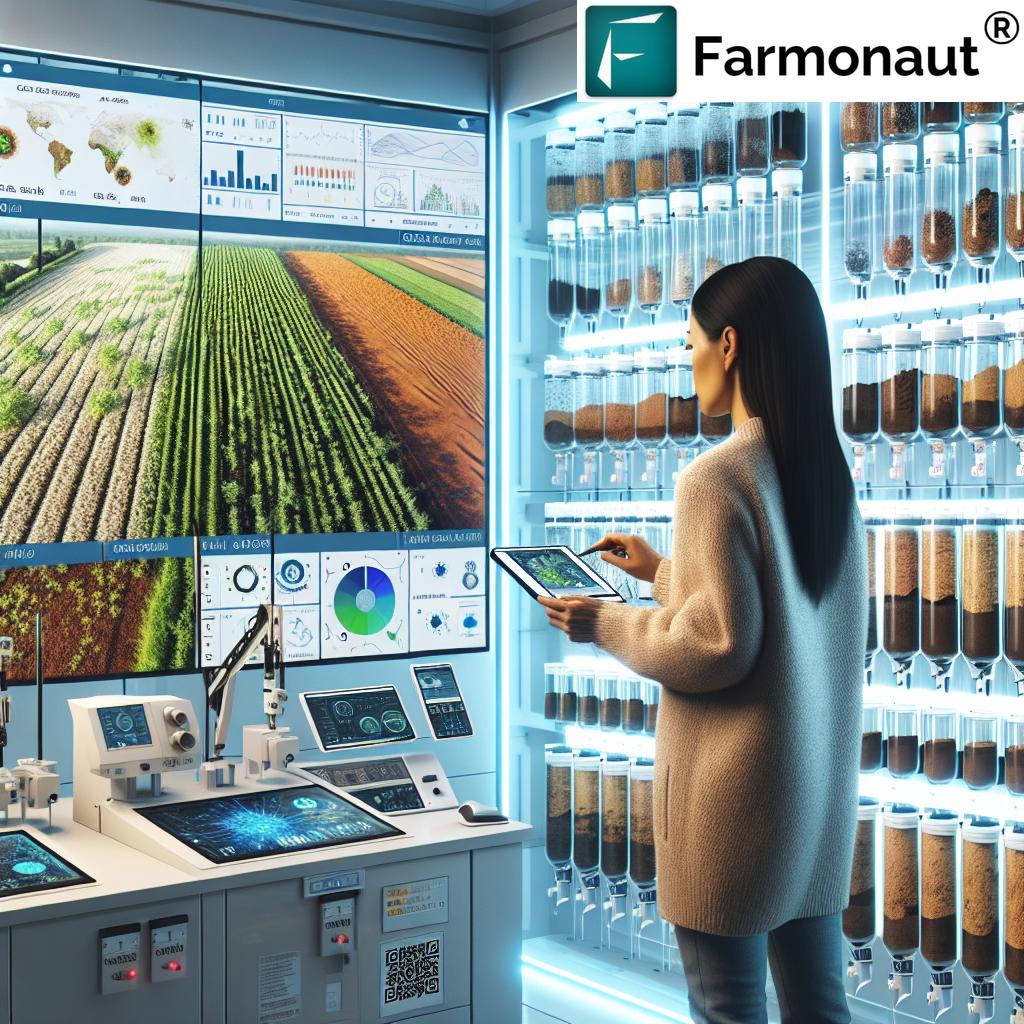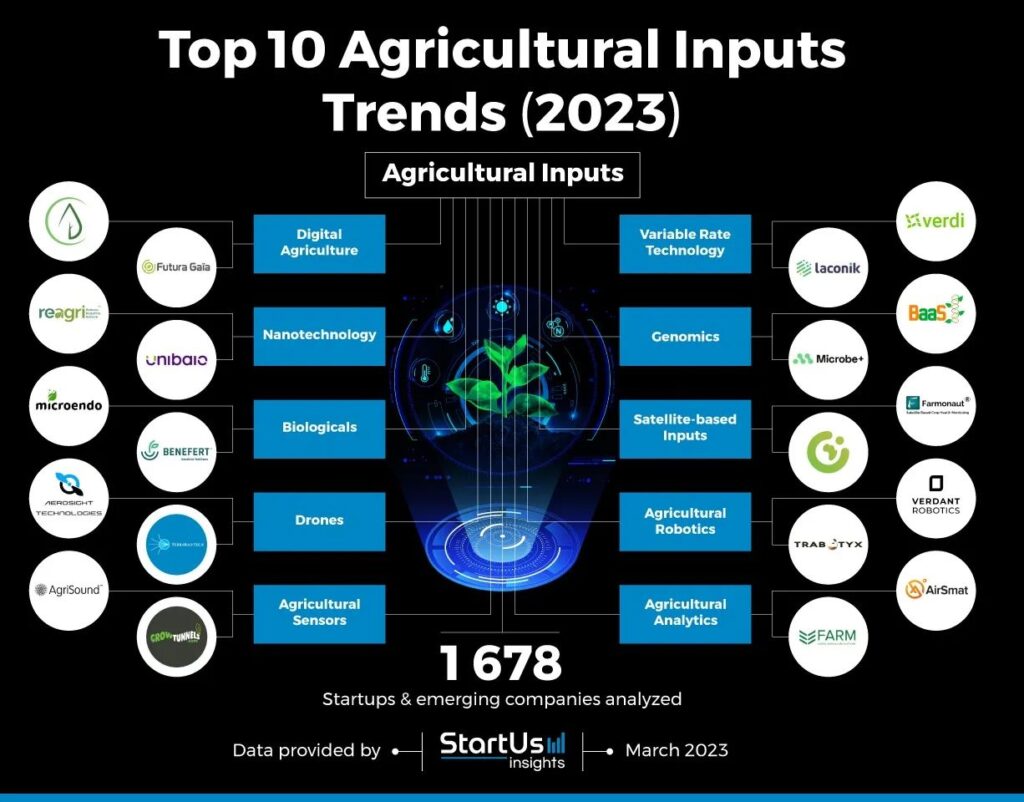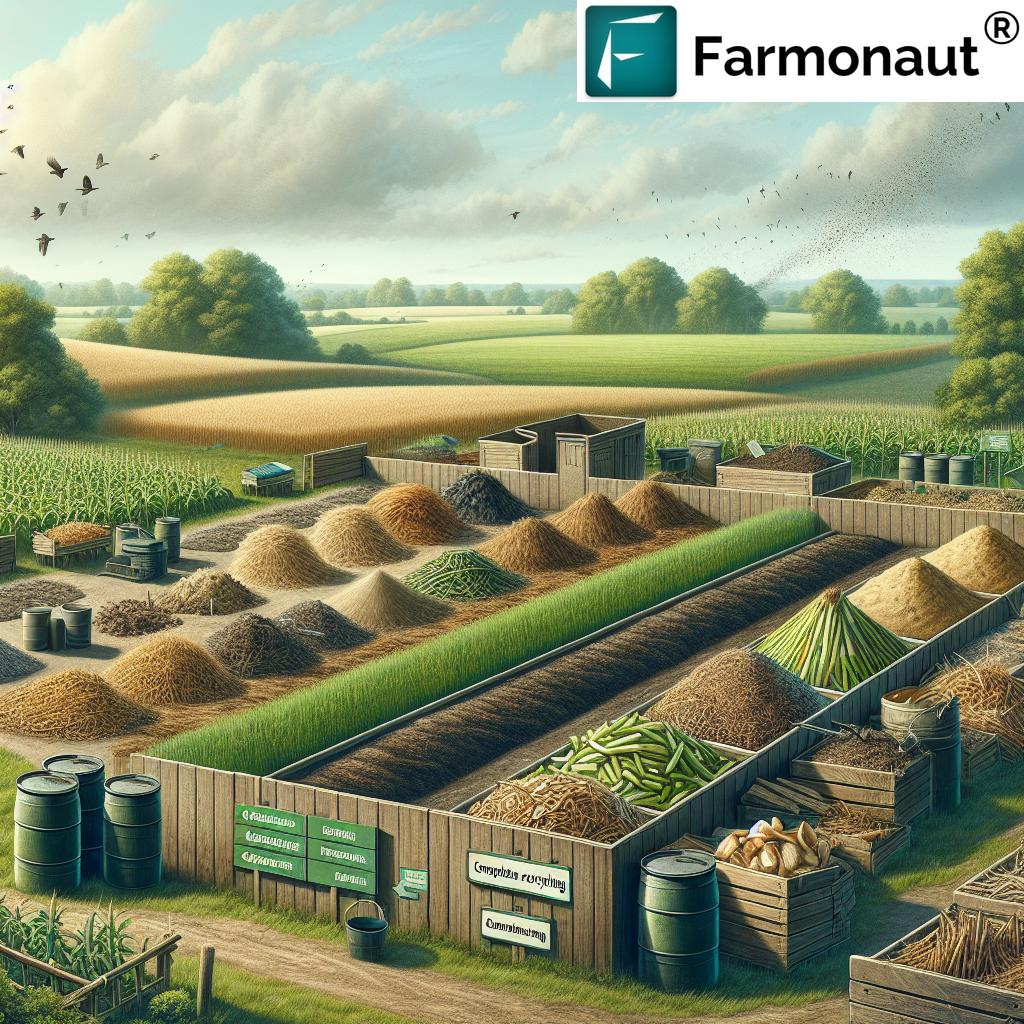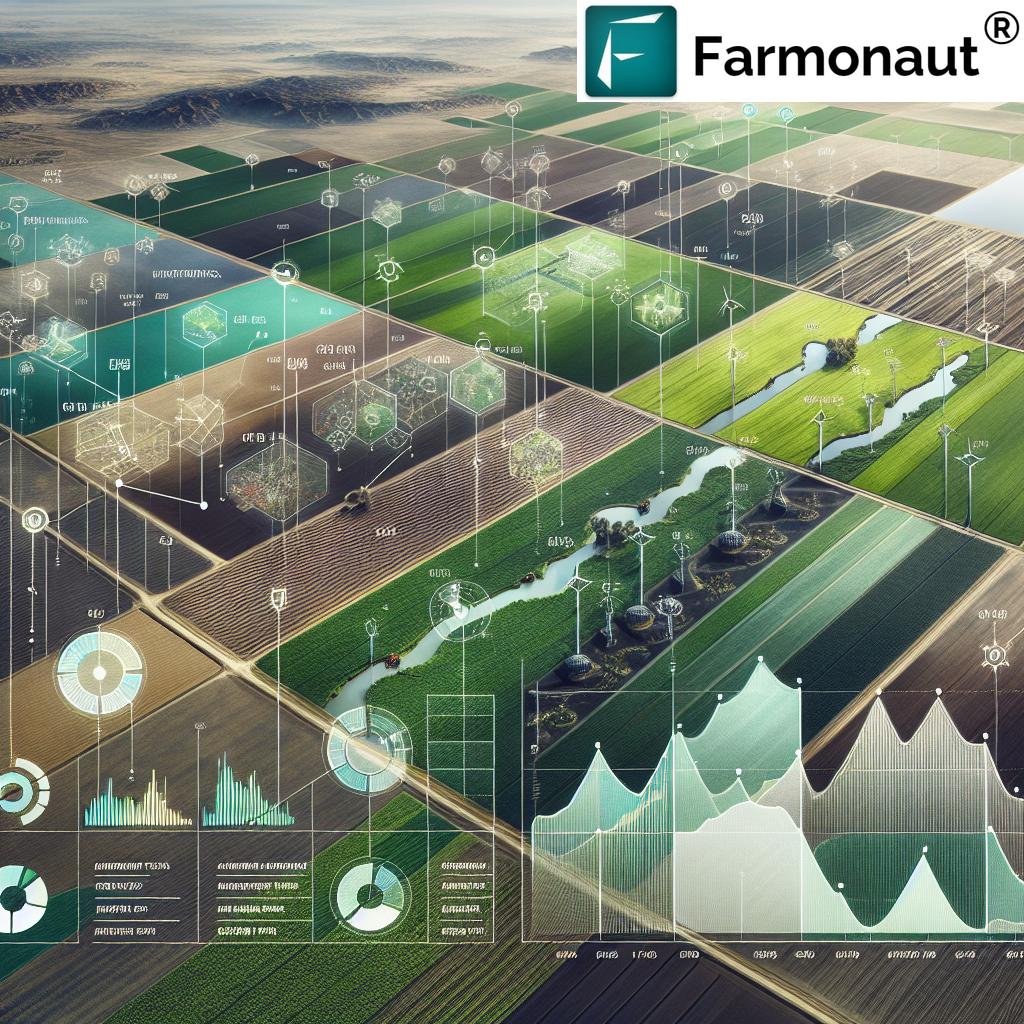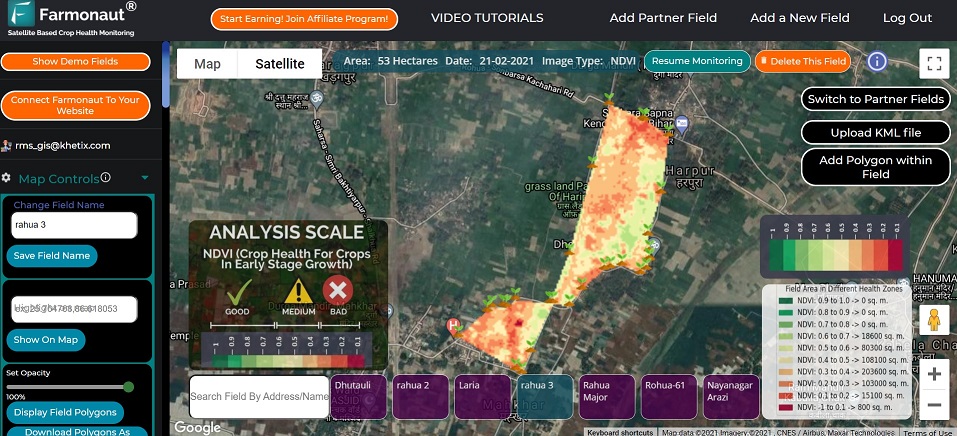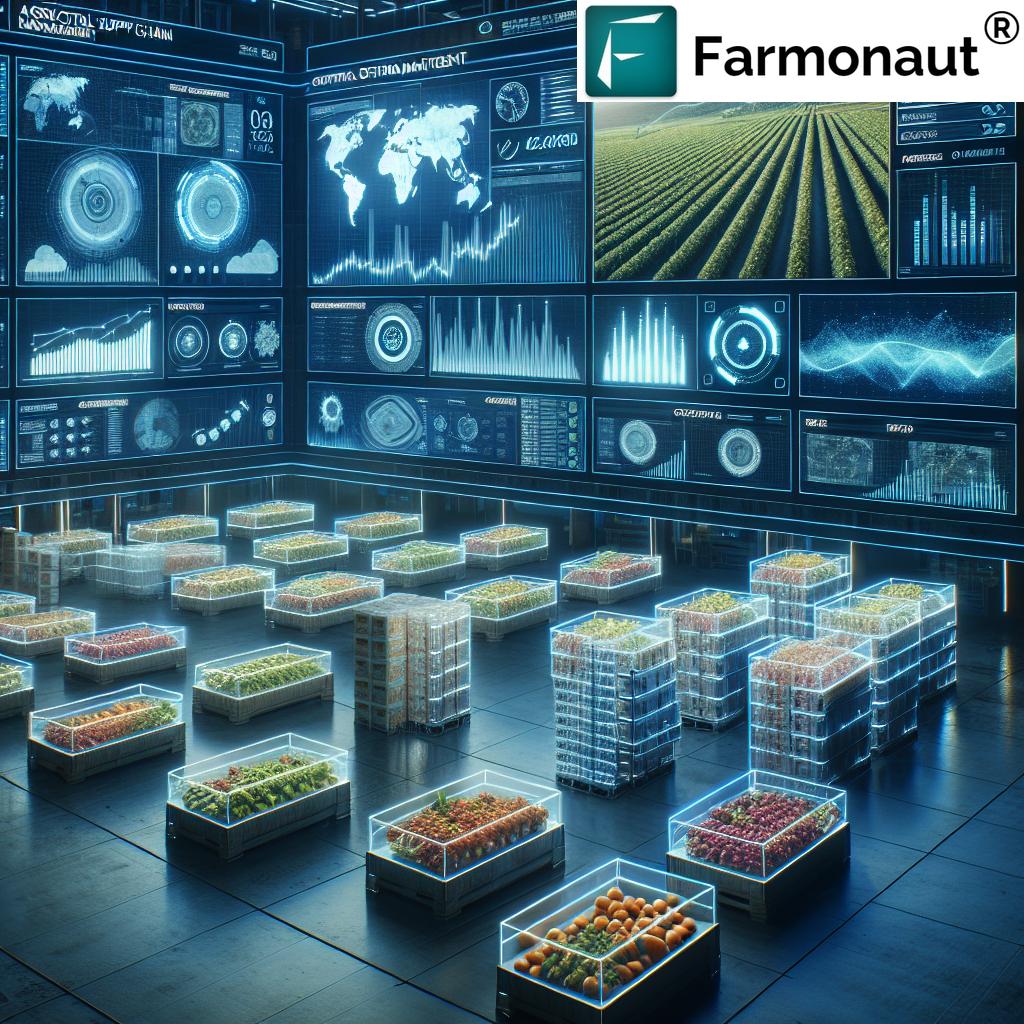Sustainable Egg Farming Practices: 7 Eco-Friendly Tips
“Renewable energy adoption in egg farms cuts carbon emissions by approximately 20% per dozen eggs produced.”
Introduction
Sustainable egg farming is revolutionizing the landscape of poultry production globally. As our demand for high-quality eggs rises, so does the responsibility to adopt eco-friendly farming practices that protect the environment, ensure animal welfare, and provide economic resilience to producers. Integrating renewable energy in poultry farming, optimizing water conservation in farming, implementing waste management in poultry production, and prioritizing animal welfare in egg farms are crucial steps in reducing carbon footprint in agriculture while maintaining productivity and profitability.
This guide delves into the heart of environmental sustainability in egg production by offering seven actionable, science-backed practices and tips for farmers aiming to make their egg farms eco-friendly. From using solar panels and wind turbines to ethical animal treatment, every aspect supports the common goal—safeguarding our planet, enhancing animal welfare, and meeting consumer expectations for truly sustainable, high-quality eggs. Let’s embark on this journey toward a greener, more responsible future in egg production.
Why Sustainable Egg Farming Matters: An Overview
Traditional egg farming, while instrumental to food security, often contributes to a host of environmental issues: high greenhouse gas emissions, heavy water usage, excessive waste and land degradation. But sustainable practices offer a transformative solution, addressing key challenges and promoting stewardship for our shared resources.
- Environmental Impact: Unsustainable egg farming can degrade ecosystems, pollute water bodies, and worsen climate change through fossil fuel consumption and emissions.
- Animal Welfare: The ethical treatment of hens—including better housing, access to the outdoors, and high-quality feed—is central to sustainable production.
- Economic Security: Embracing eco-friendly methods can improve farm profitability through reduced costs, product differentiation, and expanded market access.
- Consumer Demand: Environmentally and ethically conscious consumers increasingly seek products with verified sustainability credentials.
Modern egg farms must look beyond yield alone—integrating innovative technologies, ethical systems, and resource management to minimize negative impacts and create lasting benefits for farmers, animals, and the earth.
“Renewable energy adoption in egg farms cuts carbon emissions by approximately 20% per dozen eggs produced.”
7 Eco-Friendly Egg Farming Practices for Environmental Sustainability
Below, we detail seven proven eco-friendly egg production methods that help reduce environmental impact, promote ethical treatment of animals, and optimize resource use in egg farms around the world.
- Integrating Renewable Energy Systems: Solar Panels & Wind Turbines
Transitioning to renewable energy in poultry farming by installing solar panels and wind turbines significantly reduces reliance on fossil fuels and helps lower greenhouse gas emissions on egg farms. For example, solar power can meet the energy needs for lighting, temperature control, and automated feeders, while wind turbines supplement power, especially in rural regions. According to recent data, a typical solar installation on an egg farm may reduce annual energy expenditures by 25% and cut carbon emissions by thousands of kilograms each year.
- Reduces carbon footprint and environmental impact
- Cuts energy bills and offers long-term savings
- Qualifies for green energy grants and incentives (where available)
- Promotes environmental stewardship in egg production
- Implementing Water Conservation Techniques: Drip Irrigation & Rainwater Harvesting
Water conservation in farming is critical to sustainable egg farming. Adopting drip irrigation systems for hen feed crops, and using rainwater harvesting to supply drinkable water or barn cleaning needs, helps minimize overall water consumption. Modern rainwater catchment solutions can store significant volumes during rainy seasons, reducing demand on local water tables. By integrating these systems, farms can achieve up to 30% reduction in annual water usage, as reported by leading environmental sustainability networks.
- Preserves essential water resources for local communities and wildlife
- Lowers utility costs
- Reduces wastewater and associated pollution
- Qualifies as a best practice for eco-friendly certifications
- Adopting Effective Waste Management: Composting & Anaerobic Digesters
Managing poultry waste is pivotal in waste management in poultry production. Composting systems transform manure and bedding materials into nutrient-rich fertilizer, improving soil health for feed crops while eliminating the risks of pollution and odor. Anaerobic digesters, meanwhile, recycle organic waste into biogas (a renewable energy) and high-quality fertilizer. This integrated approach:
- Reduces greenhouse gas emissions, especially methane
- Enriches soils with essential nutrients
- Minimizes toxic runoff into water bodies
- Produces clean energy for farm operations
Waste recycling not only supports environmental sustainability in egg production but also provides a valuable resource loop by turning poultry manure and leftover bedding into revenue-generating byproducts.
- Enhancing Animal Welfare: Free-Range, Pasture-Raised, and Humane Housing Designs
Animal welfare in egg farms is a cornerstone of responsible production. Allowing hens to roam outdoors, enabling natural behaviors such as foraging, dust bathing, and social interactions, has proven physical and psychological benefits. Humane housing designs mimic natural environments by providing:
- Ample space per bird
- Access to natural light and fresh air
- Pasture or free-range areas for exercise
- Perches and nesting boxes
Research consistently shows that eggs from pastured and free-range systems offer enhanced nutritional profiles, including higher levels of Omega-3s and vitamins. Moreover, consumers increasingly demand eggs from farms practicing ethical animal treatment.
- Boosts brand reputation and customer trust
- Contributes to improved egg quality and taste
- Compliance with animal welfare certifications
- Switching to Organic and Non-GMO Feed for Hens
Feeding hens organic feed made from non-GMO crops reduces the ecological footprint associated with conventional feed production. This switch supports sustainability in egg farming by:
- Reducing harmful pesticide and herbicide use in feed crop farming
- Supporting biodiversity and pollinator health
- Improving animal health and the nutritional content of eggs
Organic feed for hens aligns with global standards for eco-friendly and ethical animal product labels, often commanding a premium price in the marketplace. By providing natural, chemical-free diets, farms promote animal welfare and reduce their environmental impact.
- Utilizing Precision Feeding Technologies
Leveraging precision feeding technologies enables optimal nutrient delivery to hens while minimizing feed waste. These modern systems employ automated, sensor-based feeders and computerized monitoring, which:
- Track the health and consumption rates of birds in real time
- Reduce overfeeding, lowering cost and environmental impact
- Ensure sustainability by conserving feed resources
- Support consistent, high-quality egg production
Studies indicate precision feeding can cut feed waste by up to 15%, translating into substantial economic and environmental gains for farmers dedicated to sustainable practices in poultry production.
- Implementing Real-Time Data Analytics for Resource Management
Modern data analytics solutions empower egg farms to monitor and optimize every aspect of operations—from environmental conditions to animal health and resource use. By installing smart sensors for temperature, humidity, water flow, and feed consumption, farmers can:
- Diagnose issues early (such as disease outbreaks or feed inefficiencies)
- Reduce resource usage and operational costs
- Ensure rapid, informed decision-making for sustainable farm management
This data-driven approach enhances traceability and compliance with environmental sustainability certifications while supporting continuous improvement in farming methods.
Comparative Benefits Table: Sustainable Egg Farming Practices
Understanding the specific impacts of each sustainability strategy is key to prioritizing investments and efforts. The table below compares the main eco-friendly egg farming practices across environmental, economic, animal welfare, and implementation factors:
Farmonaut: Driving Technological Innovations in Sustainable Agriculture
At Farmonaut, we believe that precision, technology, and responsible data use are key to promoting sustainability in egg production. Through our satellite- and AI-powered platform, farmers gain actionable insights that support every facet of eco-friendly egg farming:
- Satellite-Based Crop Health Monitoring: Our advanced satellite imagery provides real-time data on crop vigor, soil moisture, and vegetation health, allowing farmers to optimize irrigation and reduce water usage for feed crop production. This directly benefits water conservation in farming.
- AI-Powered Farm Advisory: The Jeevn AI system delivers personalized, real-time recommendations on crop management, pest control, and sustainable practices—helping farmers maintain optimal conditions and identify ways to lower their farm’s ecological footprint.
- Carbon Footprint Tracking: We enable farmers and agribusinesses to track greenhouse gas emissions, set reduction targets, and adopt tailored strategies for reducing carbon footprint in agriculture. Learn more about our Carbon Footprinting Solution, a tool that supports regulatory compliance and sustainability goals.
- Product Traceability via Blockchain: Our blockchain integration gives producers and consumers clear, tamper-proof records of each egg’s production journey—from feed origin to egg collection. This is central to Farmonaut’s Traceability Platform, empowering eco-conscious buyers to verify ethical and environmental claims.
- Resource & Fleet Management: With our digital tools, egg farms can optimize fleet routes, reduce fuel costs, and enhance the efficiency of feed delivery or egg pickup. This translates to a smaller environmental impact and improved economic viability. Discover more at Farmonaut Fleet Management.
- Scalable Platform & APIs: We offer API access and Developer Documentation for agribusinesses and developers seeking to integrate satellite monitoring, weather data, and sustainability analytics into their own systems.
Explore all our desktop, Android, and iOS apps for advanced farm monitoring and management.
If your farm or agribusiness is seeking to implement large-scale management or needs a mobile-ready advisory tool, try our Agro Admin App, designed for real-time monitoring, crop health assessments, and operational analytics.
We are continuously innovating to make sustainable poultry and egg production practices affordable and accessible to all, regardless of location or farm size.
Economic Viability & Market Benefits of Sustainable Egg Farming
One of the most significant advantages of adopting sustainable egg farming practices is the potential for strong economic performance and market growth. Sustainable systems offer a blend of cost savings, premium product pricing, risk reduction, and resilience, ensuring long-term viability even as regulations and consumer preferences evolve.
Key Economic Drivers:
- Premium Pricing: Eggs labeled as organic, free-range, or sustainably produced often command 15–30% higher prices, directly increasing farm margins.
- Operational Cost Reductions: Energy– and water-saving technologies translate into thousands of dollars saved annually. Automation and digitalization further lower labor and input expenses.
- Value-Added Byproducts: Compost and biogas from waste processing can be sold, creating new revenue streams.
- Market Expansion: Adherence to ethical and environmental standards opens up opportunities in premium retail, export, and institutional markets.
Example Return-on-Investment (ROI):
- Installing solar panels (~$25,000 investment) may break even in just 3–5 years, with long-term reductions in operating costs and government incentives.
- Switching to organic feed, while more expensive per ton, tends to quickly pay off through higher egg prices and reduced feed waste via precision feeding tech.
Sustainable practices minimize regulatory risks, improve supply chain trust, and position farms as industry leaders in climate stewardship and animal welfare.
Challenges & Considerations in Sustainable Egg Production
While the benefits of sustainable, eco-friendly egg production are compelling, several implementation challenges should be carefully managed:
- Initial Investment: Energy infrastructure upgrades (solar, wind, digesters), housing redesigns, and precision feeding systems require significant upfront capital.
- Regulatory Compliance: Sustainability certifications (organic, free-range, carbon-neutral, etc.) demand strict protocols, audits, and additional documentation.
- Knowledge Gaps: Farmers must access accurate, up-to-date information on new technologies, system integration, and animal welfare best practices.
- Consumer Education: Retailers and brands must clarify sustainability terms (organic, cage-free, pasture-raised) to build consumer trust and drive premium product demand.
- Supply Chain Complexity: Sourcing reliable, non-GMO feed, and guaranteeing traceability require logistical advances and reliable supplier partnerships.
By leveraging data analytics, embracing practical innovations, and investing in ongoing training, farms can overcome these barriers and realize the full promise of sustainable egg farming. Adoption may be incremental, but the long-term environmental, social, and economic returns are indisputable.
FAQs: Sustainable Egg Farming Practices
Q1. What makes egg farming “sustainable”?
Sustainable egg farming uses eco-friendly production methods that minimize environmental impact, conserve water and energy, prioritize animal welfare, and optimize resource use with the help of innovative technologies and data analytics.
Q2. How do renewable energy systems benefit egg farms?
Integrating solar panels and wind turbines reduces reliance on fossil fuels, lowers greenhouse gas emissions, cuts energy costs, and may qualify for sustainability certifications, all while shrinking the farm’s carbon footprint in agriculture.
Q3. Can sustainable egg farming be profitable?
Yes. Sustainable practices can reduce operational costs, increase product value through eco-labels, expand market access, and enhance brand reputation—boosting long-term economic viability for farmers.
Q4. Are there affordable technologies for small to medium-sized egg farms?
Many sustainable technologies—like rainwater harvesting, composting, and precision feeding—are modular and scalable, suited to farms of all sizes. Farmonaut’s digital platforms are designed to provide affordable access to satellite monitoring, advisory, and farm management tools without expensive hardware.
Q5. What are the main environmental benefits of switching to organic feed for hens?
Organic feed reduces pesticide/herbicide use, supports healthier soils and ecosystems, improves animal health, and leads to eggs with superior nutritional profiles.
Q6. How can consumers verify if eggs are produced sustainably?
Look for labels like “organic,” “free-range,” or “pasture-raised” and traceability programs. Retailers and producers utilizing platforms like Farmonaut Traceability Solution offer added transparency, showing the egg’s journey from farm to table.
Conclusion: Charting a Greener Course in Egg Production
Sustainable egg farming practices are not just a moral imperative—they represent a powerful opportunity for environmental stewardship, animal welfare, and profitability. By integrating renewable energy systems, improving waste management, conserving water, supporting organic feed, enhancing animal welfare, and leveraging precision farming technologies, today’s poultry farmers can produce eggs of unmatched quality and integrity—while minimizing their ecological footprint.
For farmers and agribusinesses ready to lead the transition toward eco-friendly, ethical, and resilient egg production, practical support, and accessible technological solutions are crucial. Farmonaut offers an affordable, data-driven platform designed to empower sustainable decisions, support certification, and enable the next generation of agricultural excellence.
Unlock the full potential of your egg farm with the right blend of tradition and innovation—deploying satellite analytics, smart resource management, and transparent supply chains to foster a thriving environment, satisfied consumers, and a healthy planet.


